Blog by Silvia Bujor
Why is Oracle Intelligent Advisor such a powerful tool?
7 min read
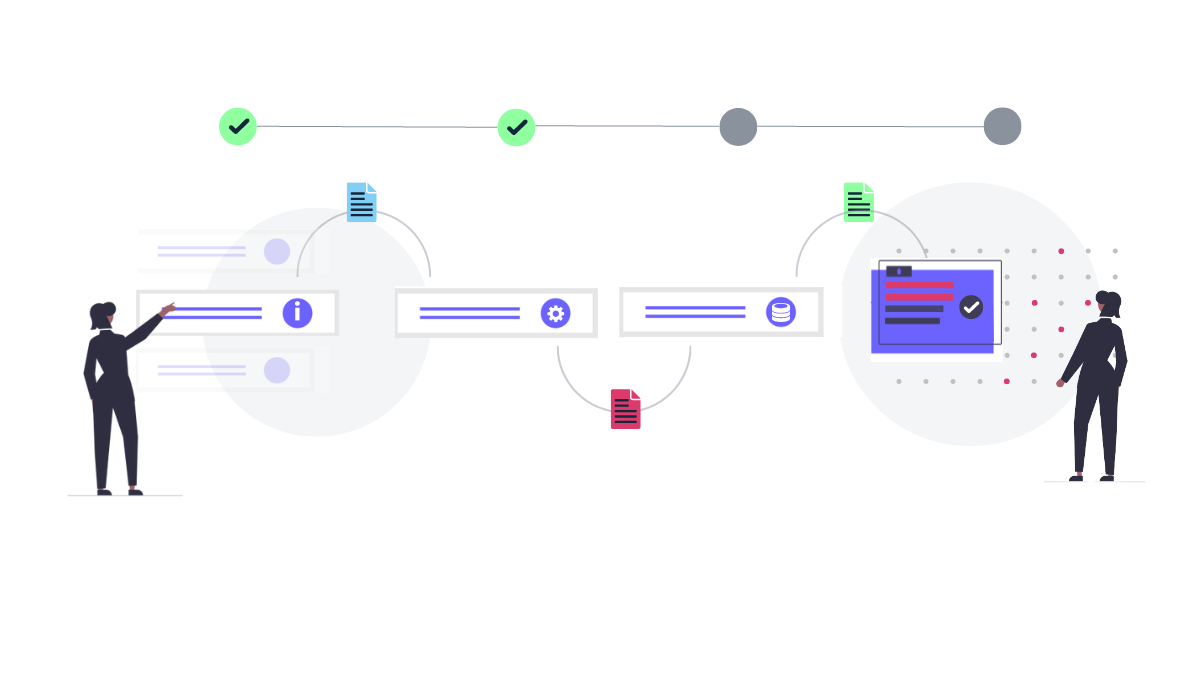
Author: Silvia Bujor
7 min read
We live in the age of accelerated digital transformation, where automating decision-making is no longer a luxury, but a necessity. Regardless of the industry or the technology that automates your decision-making, helping your users and customers navigate your policies, processes and complex calculations or determinations must be handled with utmost care.
The business environment for most industries is constantly affected by regulations and there’s always a demand for compliance. Particularly when serving at scale, the speed, accuracy and consistency of customer experience can be your biggest differentiator.
One of the solutions that offers an excellent way of delivering transparent advice and automating decisions is Oracle Intelligent Advisor (OIA), previously known as Oracle Policy Automation (OPA). For cases where self-service needs to be incorporated or improved, where contact centre agents require the help of automation to ease their workload, where the escalation of tickets needs to be minimised, or where complex calculations are automated and service processes improved – OIA fits in perfectly.
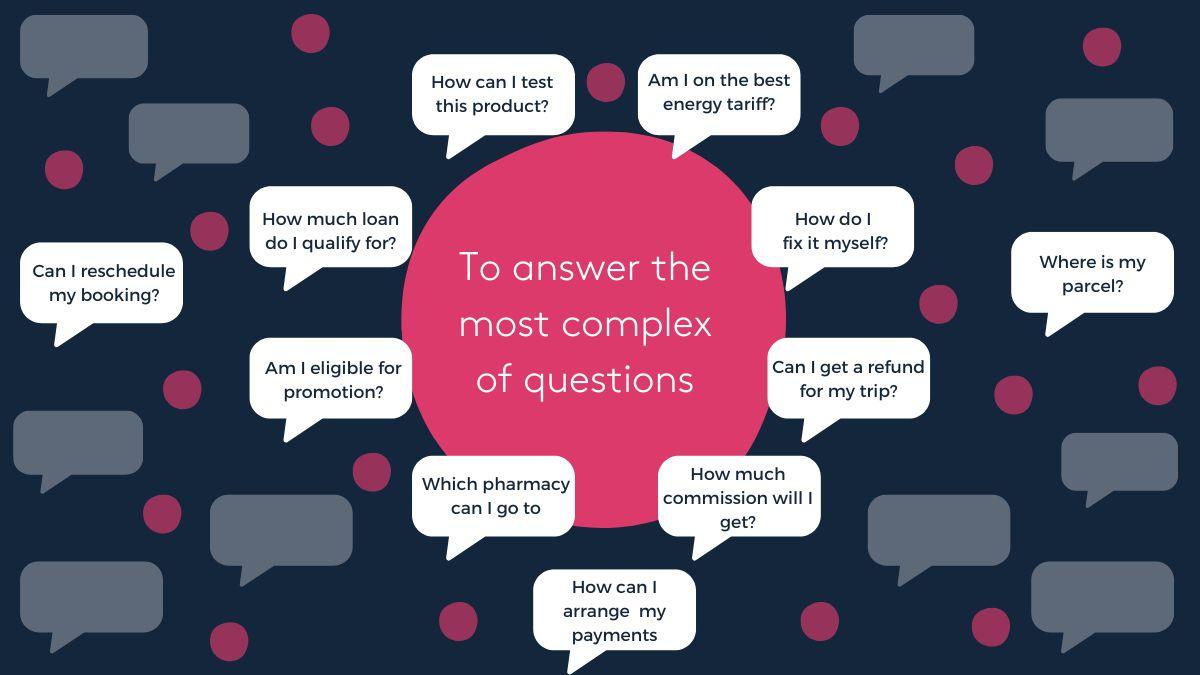
Integrating OIA with a transactional CRM system such as B2C Service (Oracle Service Cloud) can significantly improve the customer experience, as well as reduce the processing time of multiple stages of the business’ operating procedures, and also increase regulatory compliance.
Personalised form-based Interviews (for more detail on Interviews, see my previous article) help create differentiated advice and decision experiences by taking your customers on specific routes of questions depending on both their previous answers as well as existing customer data (perhaps stored in CRM) that is referenced by the Interview to help produce better advice.
From the perspective of call centre staff or agents, OIA can also help with guidance, helping agents provide an enriched service experience to customers without the need to escalate queries or wait for input from other departments of the organisation or third-party providers if that information can be produced/output by an Interview.
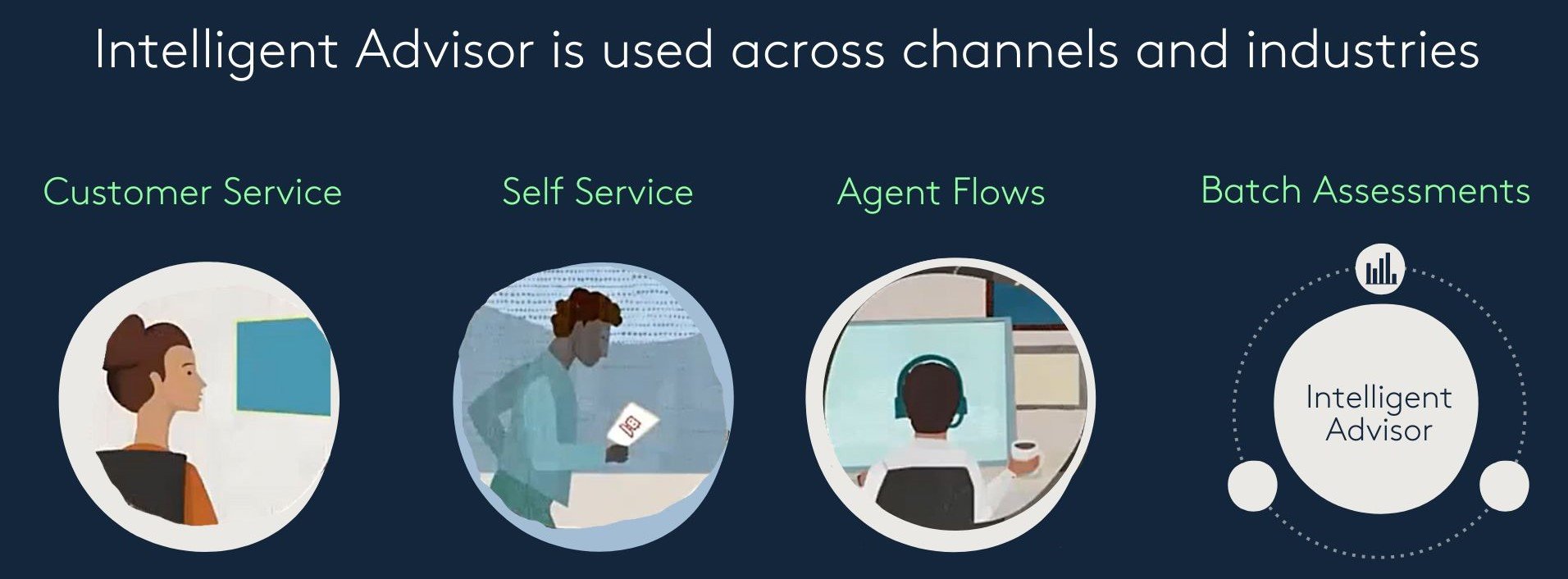
Besides CRM systems such as Oracle B2C Service, OIA natively integrates with ODA (Oracle Digital Assistant) as well, and using this combination of technologies guarantees that your customers will receive consistent service via a highly intelligent chatbot while saving agent time.
Oracle Intelligent Advisor is a very malleable cloud product, and more details about its capabilities, from a technical perspective, can be found in my previous article.
Oracle Intelligent Advisor can be a great fit for multiple use cases, which is what the focus of this article is. To illustrate its versatility, I have chosen 5 different industries to discuss in a bit more detail:

An initial example where OIA can be used in the financial services world is for customer onboarding, by sending the OIA Interview to a customer where they can fill in their personal details. The Interview can incorporate validation which can prevent the end user from entering wrong data (for instance validate the date of birth, the salary, etc) or offer features such as address lookup for ease of entering the address.
The data entered can be securely sent from the interview to the application backend. A great benefit of having OIA Interviews integrated with a backend database (e.g. B2C Service database) is that the interview will not ask again for data that the organisation already holds.
OIA Interviews can also be used in the financial world to offer quotes to end users or pre-authorisation, based on a complex set of rules, which would save time from staff as well as add a strong layer of security by ensuring that personalised quotes are received, while at the same time ensuring that for 2 identical scenarios the same outcome is produced. There will always be the very static scenarios which will be a definite “yes” or “no” to eligibility/compliance and OIA can be used to cover most of these cases.
OIA can also encapsulate complex calculations within service workflows and batch processes to speed up internal services, this way reducing the risk of human error as well. A few examples would be using OIA to calculate interests for loans, calculate an investment’s annual rates, or process insurance claims.
Finally, one of the most powerful aspects of OIA is that at the point of needing to make a change to a policy or to eligibility rules, the business can make changes to the underlying policy/eligibility documentation and OIA will automatically ensure that the Interviews reflect the new rules. For an industry in which such changes occur relatively often, this is extremely helpful and important for compliance.
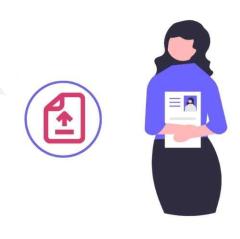
In the Human Resource area, Intelligent Advisor is often used to support the effective resolution of complex enquiries relating to policies and entitlement, across channels.
OIA Interviews can be used to calculate maternity/paternity leave, submit requests for annual leave or generate new contracts and also make contractual variations e.g. salary changes, hour changes, temporary changes, position changes etc.
OIA can also be used to offer advice on company policies and help inform employees whether they’re eligible for certain benefits. It maintains consistency across channels and ensures your employees receive the same advice or outcome regardless of whether they self-served on the HR Portal, interacted with an HR agent or indeed used a Digital Assistant.
For cases where documents/letters need to be produced, OIA can help as it can automatically generate Word and PDF files containing inputs collected by the Interview as well as decisions determined by the rule engine of the Interview. For instance, OIA interviews can be used to generate contracts for new employees. This helps to free up HR staff to focus on cases that really require skilled staff involvement.

OIA can be used to collect details for university of college applications and also determine eligibility for a degree program as well as the fees that it would entail.
Interviews can be exposed on a university student-facing interface where they can be used by students to speed up their application by determining eligibility or calculating the fees without the need for staff intervention.
The same Interviews can be used to make recommendations for applicants regarding admission requirements. For example, for a foreign student for whom English is not their first language, if the applicant doesn’t already have a language certificate, the form can recommend and show steps on how to get one by listing the ones that are accepted.

OIA Interviews can be used to determine eligibility for different healthcare services. Having such an Interview exposed on the end-user portal can help customers to self-serve and manage expectations. Also, having an Interview available for the contact centre staff can help triage patients, and generate treatment plans and follow-up steps while ensuring that consistency is maintained between an online Portal interaction and the contact centre staff interaction.
Another great use case in healthcare is using OIA for calculations such as premiums, co-payment amounts, health incentive payments, etc. OIA is equipped to handle complex calculations which can take into consideration an infinite number of variables.
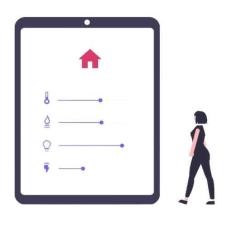
Conforming to rules, policies and standards while maintaining operational transparency can be a difficult target to achieve for any business, especially in strictly regulated industries such as utilities. OIA can be used for service calculations or customer onboarding, as well as self-service customer enquiries. As we’ve seen at one of our utilities customers, it also works beautifully for elaborate quotes that can also be produced in the form of custom branded documents (Word/PDF) which can be sent to customers.
Collecting feedback from your customers by using OIA interviews can help personalise the questions that are asked. Not every customer experience is identical, so the feedback which needs to be collected is not identical either. You cannot expect to get all the answers/information needed by addressing the same questions to the end users which have different scenarios.
For instance, a large electricity provider has established a consistent user experience across multiple communication channels with the customers and provided extensive self-serve features and seamless integration with backend systems through the implementation of OIA integrated with B2C Service and Oracle Digital Assistant. This has led to increase traffic on their Customer Portal, reduce the number of queries that would land with the call centre team, and overall reduce the amount of time of their business process.
The above is not an exhaustive list of everything OIA can do, but we hope it demonstrates its capabilities. The possibilities are limitless and depend on your business requirements.
Regardless of industry, with its powerful advice analytics, OIA can optimise experiences with decision insights and reports that help explain the automated decision and understand customer patterns.
It offers faster responses, whether it is via a self-service Interview exposed on a customer-facing portal or whether it is an Interview placed on the service workflow of contact centre staff, the end result is similar: complex questions, queries, calculations and requests for advice or recommendations get answered faster, correctly and consistently by using Intelligent Advisor.
If your business has similar types of challenges to those included in the use cases we have outlined here, Intelligent Advisor may well help you. Get in touch and one of our OIA experts will be more than happy to help.
Our latest eBook explores how we've helped clients unlock the potential of AI and the latest customer service automation tools to drive real impact. It highlights where these technologies can enhance service delivery, boost efficiency, and elevate customer satisfaction.
7 min read
In the age of heightened CX, OPA is quickly becoming a new industry standard....
6 min read
The November 2016 OPA release has opened up new doors to enhanced user experience...
7 min read